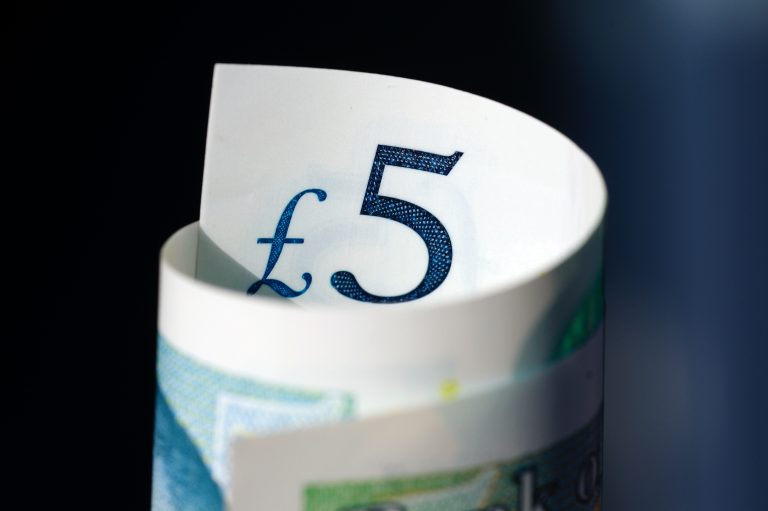What is gambling?
The Gambling Act 2005 (For England, Wales and Scotland) defines gambling as betting, gaming or participating in a lottery. This can include but is not limited to arcades, betting online, at an event or high street bookmakers, bingo, casino, lotteries and gaming machines.
Gambling comes in many different forms and can be fun and harmless for many people, but for some it can become a serious addiction, with some even taking out debt/credit to fund the habit. By gambling and taking out credit you could potentially be negatively impacting your ability to obtain credit in the future, such as a mortgage. If you don’t gamble often then it might surprise you that 42% of adults in Britain have gambled in the last month, and on average online gamblers have 3 separate betting accounts (Feb 22).
As one of our aims is to provide financial education, it’s important we take the opportunity to raise awareness around gambling, as participating in this activity too frequently could negatively impact your financial situation. If you would like to find out more about gambling in the news you can use this BBC thread to see what is currently happening. We also think this story by a Cheshire Police Officer on their gambling addiction is very relevant and can help you view gambling from a different perspective.
How can gambling affect you?
Depression
Symptoms of guilt, shame, and hopelessness, especially after a large loss or losing streak. This can lead to depressive episodes and also may affect your self-esteem and self-worth.
Isolation
Problem and disordered gambling can result in altered attitudes and behavioural issues for some, potentially causing loneliness in your personal life.
Anxiety
Nonstop experiences of anticipatory anxiety (before gambling) and increased stress levels during gambling can form an unhealthy psychological bond, leading to an increased chance of developing an anxiety disorder.
Do you have a gambling problem?
If you’re unsure whether your gambling is becoming a problem, then this test created by the NHS may be able to help you.
- Do you bet more than you can afford to lose?
- Do you need to gamble with larger amounts of money to get the same feeling?
- Have you tried to win back money you have lost (chasing losses)?
- Have you borrowed money or sold anything to get money to gamble?
- Have you wondered whether you have a problem with gambling?
- Has your gambling caused you any health problems, including feelings of stress or anxiety?
- Have other people criticised your betting or told you that you had a gambling problem (regardless of whether or not you thought it was true)?
- Has your gambling caused any financial problems for you or your household?
- Have you ever felt guilty about the way you gamble or what happens when you gamble?
Score 0 for each time you answer “never”
Score 1 for each time you answer “sometimes”
Score 2 for each time you answer “most of the time”
Score 3 for each time you answer “almost always”
If your total score is 8 or higher, you may be a problem gambler.
















